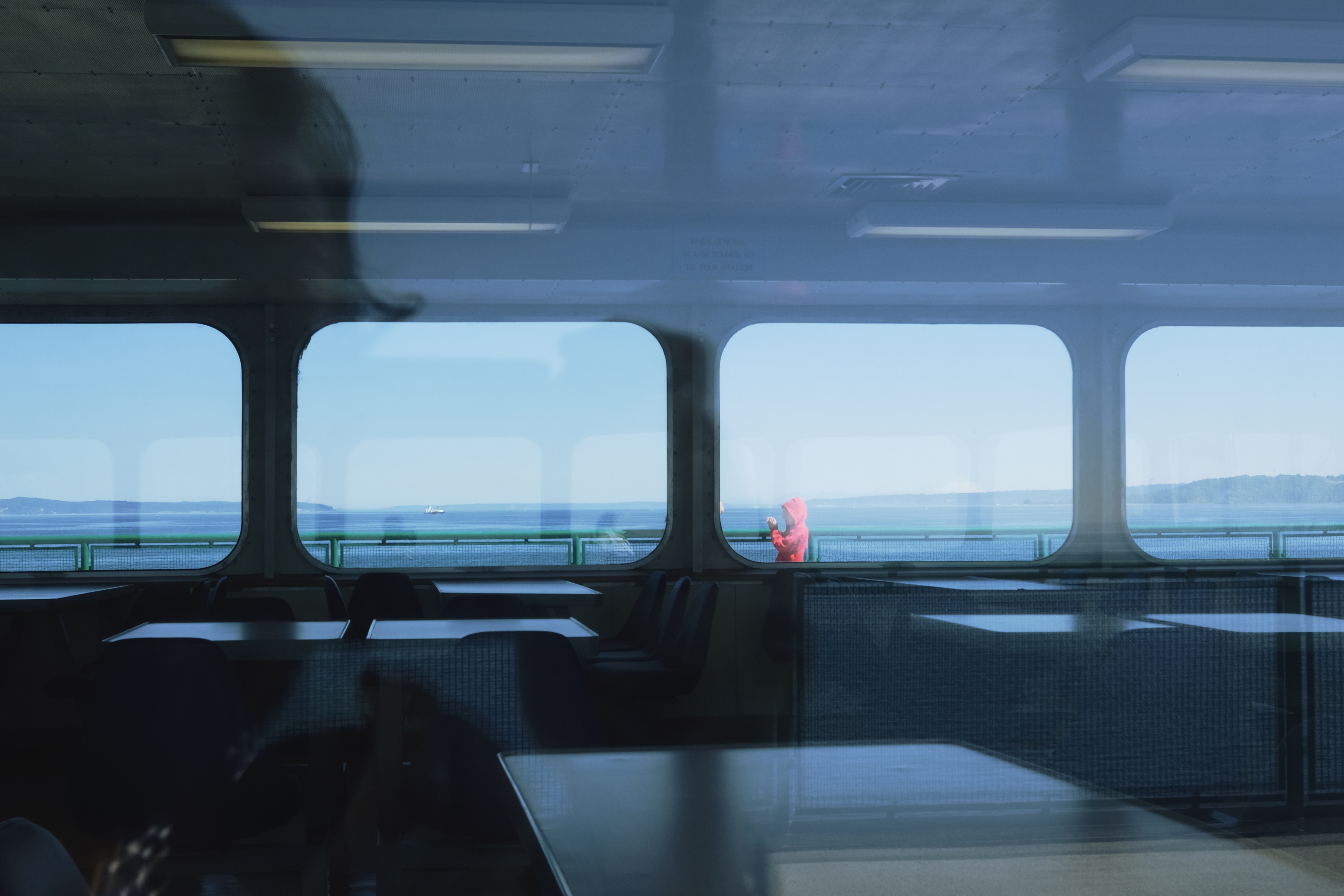A lot of people lately have been talking about RSS and the return of the blog. It seems as if everyone is wary of the end of Twitter, and are preparing themselves for a world without it. Most of us have already abandoned Facebook as a social hub, leaving it delegated as a second-class contact list. If we abandon Twitter, too, where are we going to go? There aren't any other promising social networks out there, and there doesn't appear to be one coming up any time soon. This leaves us looking back to the days pre-Social Media — back to blogs.
It's painfully easy to set up a blog today. You could use Tumblr, Squarespace, Blogspot, etc., and have a blog up in less than an hour. Most of these products require little to no knowledge of how the web works. It does take some initiative. It takes even more initiative to run your own blog on your own server on your own domain. These are the sites I'm fascinated with. I love having my own website and I love that so many people I look up to have their own as well. I want to celebrate these people, raise them up, give them a higher platform. I want to connect them.
Are there any good indexes for all these popular blogs? I haven't found any. Why wouldn't there be? Is this something that should be built? I'm seriously thinking about it. There may be a very good reason why such a thing doesn't exist. People smarter than me would know why. But I'd love to build this thing.
I've been calling my idea Feeeds (for lack of a better name). I think of it as non-social network. There would be personal accounts, but they don't exist for communication. Their sole purpose would be for building communities, while any and all conversation takes place elsewhere. You would come to Feeeds to see who's writing, but go to their own sites to see what they're saying.
I want to connect people with as little interference as possible. Which means that, for people who have their own websites and enjoy owning their own content, I wouldn't encroach upon what's theirs. There would be no walled garden. I believe in a wild, varied, decentralized Internet. Feeeds would be more like an address book, a place to go to find personal blogs to read and follow.
I want to stress again that I have no intention of building anything that purports to being the next new social network. I don't want the responsibility of owning anyone's content and I don't want anyone to feel like they're giving me anything. But I do want to build something that can help surface all the personal websites and blogs out there which deserve attention and love.
Brent Simmons names RSS as one of the pillars of the web that'll never go away, and I believe that. I also believe we've not fully tapped the power of RSS. There are billions of feeds out, many thousands of which are good blogs languishing in dark unlit corners. I want to take everyone's personal and beloved RSS feeds and show them the love they deserve.
Currently, the best avenue for exposing yourself to the greater world is Twitter. But Twitter is a poor Rolodex for personal websites. It's a terrible index. Even so, Twitter is where I go to find new people in my industry and to find out more about them. But might there be a better way? What if there *was* an actual index online for people with personal websites? There are so many great people out there maintaining their own websites. It's difficult to keep track of them all. And I'd like to.
This isn't about marketing, either. The point of this wouldn't be for promoting oneself. It's merely a way to say, "I'm here." We can't rely on Google to be the hub — its net is far too wide. Relying on nothing leaves the job to word of mouth.
So, again, why doesn't this exist? I suppose, most obviously, it requires buy-in. It needs to be voluntary. People would only engage with this if they chose to do so. Being voluntary, a certain threshold of users would be necessary before it became truly useful. This is so very hard to do, and failing at this has been the downfall of so many web services.
I have other ideas for this. It's a project that I can see growing and becoming something real. I'd love to build it. Anyone care to help? Any and all thoughts about this are welcome.

